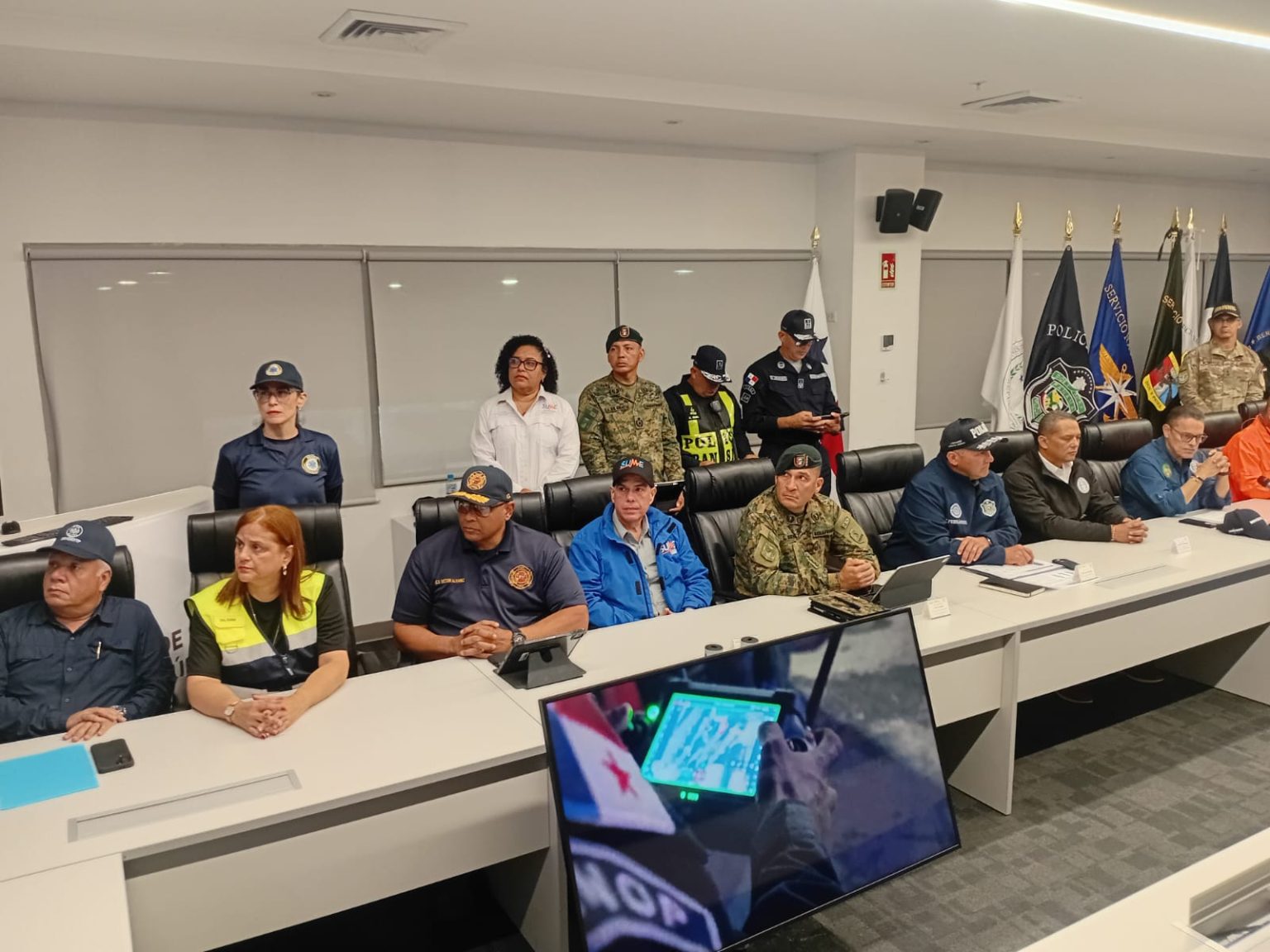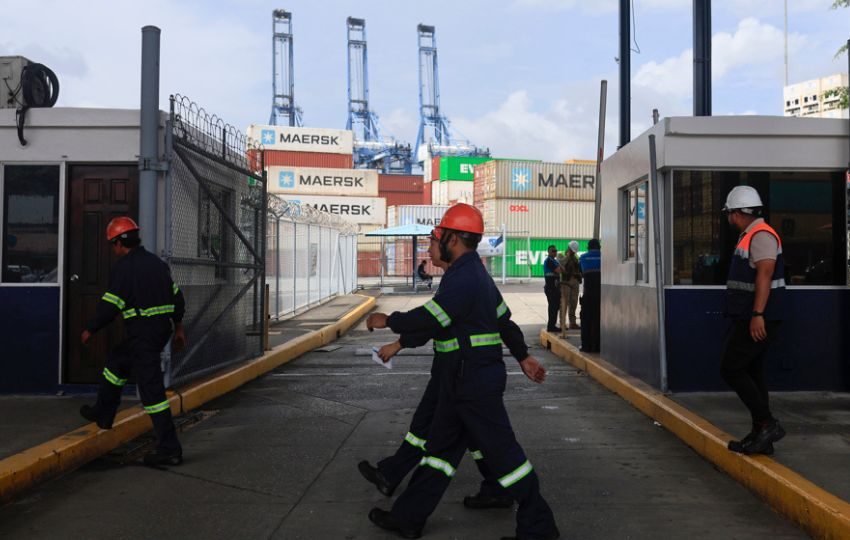Bigger ships in Canal could push demand for smaller fry

THE EXPANSION of the Panama Canal to allow the transit of larger vessels could create a need for smaller ships and provide a welcome boost to the United States shipping industry ..
The expansion could soon have U.S. shipyards producing more vessels to help move cargo from larger container ships that previously could not traverse the canal, an industry representative told the International Business Times. The $5 billion upgrade will enable bigger container ships to bring goods from Asia to the U.S. East Coast.
“A possibility is that the larger vessel traffic coming from the Panama Canal could generate a shuttle service, a short sea shipping service of these vessels offloading some of their container traffic,” Matt Paxton, president of the Shipbuilders Council of America, told IBTimes in an interview
Paxton, who represents 45 companies that own and operate more than 85 U.S. shipyards, said the larger vessels that would be able to cross the canal may have difficulty docking in U.S. ports because the infrastructure was not built to handle the size of new container ships. Another problem Paxton mentioned was that the increase in ship traffic could slow the movement of goods.
There is a possibility that cargo could be bottlenecked in the Gulf Coast because of the traffic and lack of infrastructure. One solution, Paxton said, could be a feeder system, where smaller vessels would transport cargo from larger vessels to U.S. ports on the East Coast.
“That is a hopeful result of the expansion of the Panama Canal, that we would see maybe some type of smaller container vessel construction built here in the U.S. to move some of this increased container traffic around ports in the U.S.,” Paxton said.
The $5.25 billion expansion project is behind schedule by at least six months and is expected to be completed in mid-2015. Paxton said he is not sure if a feeder system will develop, but he hopes the increase of container traffic through the Panama Canal will encourage one.
Shipyards are seeing an increase in orders for tankers, barges and small vessels to ship domestic crude and its byproducts to refineries and ports across the U.S, thanks to the current domestic oil and gas boom.
“There are currently 111 offshore vessels on order right now for various offshore supply companies. For instance, one company, Hornbeck Offshore Services, Inc. (NYSE:HOS), has a $1.24 billion new construction program consisting of 24 vessels,” Paxton said.
“If you looked back 10 years ago, rates in the [maritime] industry were not very good, people were not making investments in building or even operating ships. … Now you are seeing the tide shift a little bit, where the demand side of the equation for domestic shipping is at an all-time high, and that is clearly a reduction of imports of crude oil,” an industry source from a major maritime association added.





